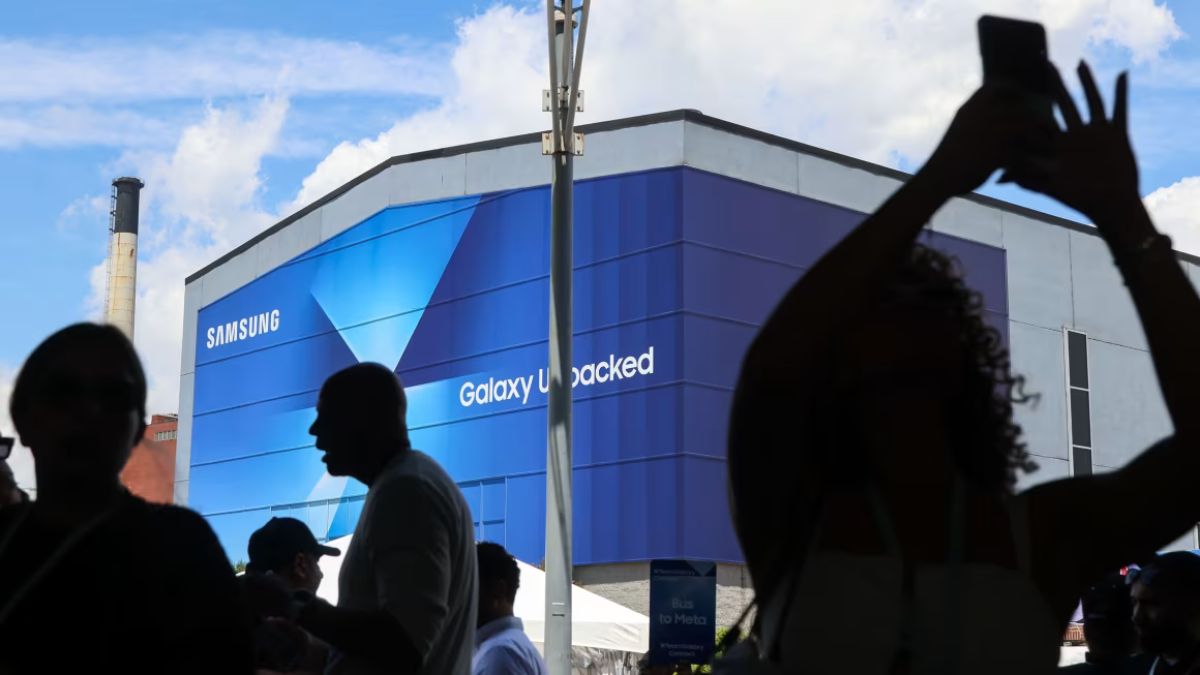Google is stepping up its efforts to narrow the security gap between Android and iPhone, introducing significant changes that will impact millions of users.
While these updates aim to boost security, they also mean older Android phones could be severely restricted, prompting many users to consider upgrading their devices.
The tech giant has enhanced its Play Integrity API, a tool that prevents the installation of apps from unofficial sources, reducing the risk of malware.
By tightening security, Google now requires devices running Android 13 or later to meet stricter security standards, especially for apps involving sensitive data, such as banking or government apps.
The change creates a clear divide between newer and older phones. Devices running Android 12 or earlier won’t benefit from these enhanced security measures, making them more vulnerable to threats. While 55% of Android devices run Android 13 or later, a large portion still uses outdated versions, which could expose them to new vulnerabilities.
Google’s push to improve security follows warnings that Android’s open ecosystem, which allows third-party app stores and sideloading, makes it more susceptible to malware compared to iOS. With Android updates often delayed due to carrier and manufacturer variations, security patches are not always timely, leaving older devices exposed.
As these changes roll out, particularly with the new Play Integrity API becoming mandatory by May 2025, users with older phones may be forced to upgrade in order to maintain access to secure apps and features.








